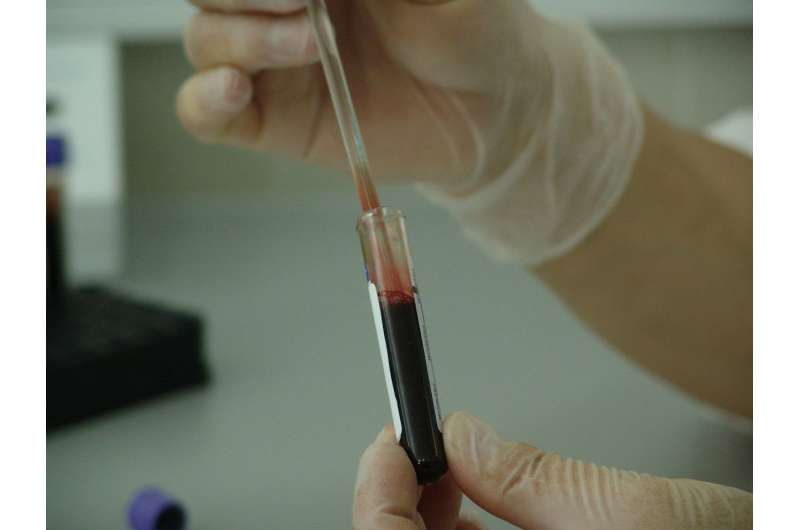Early Detection of Liver Transplant Complications Using Blood Tests to Prevent Organ Failure

A novel blood test analyzing circulating DNA can detect early liver transplant complications, enabling personalized treatment and preventing organ failure.
Liver transplantation is a critical, life-saving procedure for patients with severe liver disease. However, post-transplant complications such as organ rejection or injury can threaten the success of the transplant and patient health. Traditionally, monitoring for these issues involves invasive procedures like liver biopsies or complex imaging, which can be costly and stressful for patients.
Recent research from Georgetown University Medical Center and MedStar Health introduces a groundbreaking blood test that can identify early signs of liver transplant problems with remarkable accuracy. This innovative approach analyzes circulating cell-free DNA in the bloodstream, focusing on methylation patterns that reveal the cellular origin of tissue damage. The technology allows clinicians to pinpoint whether damage stems from the transplanted liver or other tissues, enabling personalized and timely interventions.
The significance of this development lies in its potential to replace invasive and less precise diagnostic methods. By frequently monitoring blood samples, medical professionals can detect issues early, often before symptoms appear, and tailor treatments accordingly. For example, knowing whether the biliary structures or hepatocytes are injured can influence management strategies and improve outcomes.
Furthermore, this technology is more than just a diagnostic tool; it signifies a step towards a liquid biopsy that could be expanded to other organ transplants and clinical applications. The research team has already filed patent applications and is seeking partnerships to commercialize the technology, aiming to enhance post-transplant care worldwide.
The study, published in Nature Communications, underscores the urgency of improving transplant outcomes by understanding the cellular mechanisms of injury. As Dr. Anton Wellstein emphasizes, this blood test provides a comprehensive snapshot of the patient’s biological state, vastly improving the ability to prevent organ failure and optimize long-term success of liver transplants.
Stay Updated with Mia's Feed
Get the latest health & wellness insights delivered straight to your inbox.
Related Articles
New Study Reveals Three Inflammatory Pathways Responsible for Asthma Attacks in Children
A groundbreaking study uncovers three inflammatory pathways behind asthma attacks in children, pointing to the need for personalized treatments to combat persistent flare-ups.
Innovative Paper-Based Diagnostic Device Offers Rapid and Affordable Infectious Disease Detection
Researchers at NYU Abu Dhabi have developed a quick, affordable paper-based diagnostic tool capable of detecting infectious diseases like COVID-19 in under 10 minutes, ideal for resource-limited settings.
Early Childhood Socioeconomic Disadvantage and Its Impact on Biological Aging
A groundbreaking study reveals that socioeconomic disadvantages in childhood can accelerate biological aging, impacting long-term health and increasing disease risk. Early intervention policies are essential to mitigate these effects.
Improved Survival in Liver Cancer Patients Using Dual Immunotherapy
A novel dual immunotherapy approach combining nivolumab and ipilimumab has significantly improved survival rates and tumor control in patients with advanced liver cancer, offering new hope for treatment. The success of recent clinical trials has led to global approval, marking a major breakthrough in liver cancer management.



